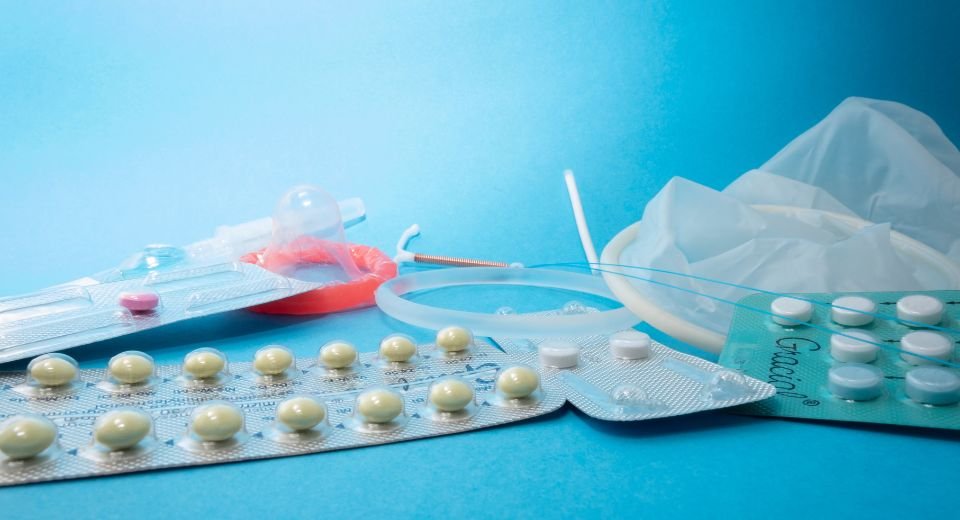HQ Team
January 3, 2024: The aftermath of the Supreme Court’s Dobb decision on abortion rights has seen a significant rise in pre-emptive requests for abortion pills by American women, a recent study in the Journal of the American Medical Association (JAMA) discloses. This surge, primarily facilitated by a Netherlands-based nonprofit organization, underscores the impact of legal uncertainties on reproductive health choices.
The study was conducted with the help of data provided by AID Access, a Netherlands-based nonprofit organization that provides access to abortion medications via telehealth. The non-profit connects patients with doctors outside the US who then prescribe the medications needed for abortions. Medication abortions involve two drugs mifepristone and misoprostol. These cost around $110 to be shipped to the US.
Unprecedented demand
Thousands of women have already stocked up on the medicines in advance. Aid Access received about 48,400 requests from across the U.S. for so-called “advance provision” from September 2021 through April 2023.
The average number of daily requests shot up nearly tenfold, from about 25 in 2021 to 247 after 2022. In states where an abortion ban was inevitable, the average weekly request rate rose nearly ninefold.
Daily requests dropped to 89 nationally after the Supreme Court decision in June 2022 was made public, the research shows, then rose to 172 in April 2023 when there were conflicting legal rulings about the federal approval of mifepristone. The Supreme Court is expected to rule on limits on the drug this year.
Dr. Rebecca Gomperts, director of Aid Access, attributed this spike to greater public awareness during times of uncertainty.
Barriers to access
Analysis of the data reveals that the spike in requests predominantly comes from 30-year-old white females without children residing in urban areas. However, the study highlights a notable exclusion of those facing the greatest barriers to abortion care: economically disadvantaged females lacking access to pills during times of need, and those struggling to travel to more abortion-friendly states or access telehealth services.
It is believed that about 16 million people travel out of state for abortions.
The study’s lead author, Dr. Abigail Aiken, an associate professor of public affairs at the University of Texas at Austin said, “Advance provision is something that people in the United States seem to need or want, and it’s particularly pronounced in states that are considering, or may in the future, enact restrictions or bans regarding abortion,” The findings suggest that this proactive approach is particularly valued in times of legal uncertainty, emphasizing the need for a deeper understanding of health access inequities in reproductive care. More research is needed into these health access inequities, say the people involved in the research.


